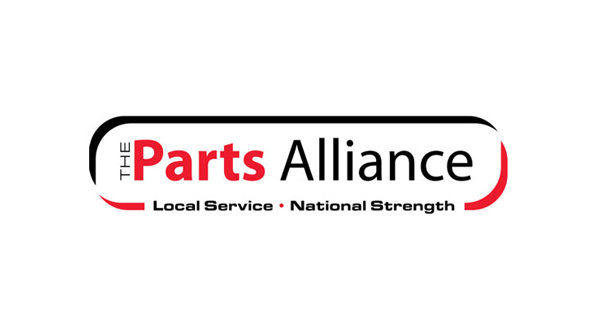This data science project was delivered to The Parts Alliance Group as part of the S2DS London 2016 programme.
The Project
The Parts Alliance Group is a major force in the distribution of parts in the automotive aftermarket, with £250m turnover and growing. They are the UK and Ireland’s largest group of wholly owned businesses and franchises, supplying 30,000 different manufactured car parts to national and local independent garages and workshops. With 155 different branches across the UK, the project was to offer data-driven insights from sales data as well as being able to identify critical factors for why branches are successful or unsuccessful.
The project set up
Within five weeks a team of four PhD Data Scientists from S2DS 2016, analysed the sales history of 20 million transactions and by using this data applied Machine Learning (ML) algorithms to build a dynamic pricing engine to maximise sales revenue. The pricing engine targeted the 14% of car parts where price is the main reason a sale takes place. The team looked at products that had the highest unit price and determined products for which sale probability was less likely correlated to price, and hence where giving customers a discount would not encourage more sales. The ML pricing engine was able to calculate which products should be discounted based on the probability of future demand.
Also, during this process the team looked at the performance of individual branches and created a model to examine the relative performance of the branches. Controlling for factors like line of business, location and branch size, the team ranked the branches with an objective measure of performance.
The S2DS team brought a huge amount of energy to the project and with the support of the technical sponsor were able to provide us with an insightful outcome. The project has demonstrated the power of our data and the opportunities available through a process of replacing the assumptions made with statistical analysis.
Neil Croxson, Group CFO, The Parts Alliance Group
Outcome
Using ML algorithms, the team created a pricing engine in order to maximise the revenue according to the likelihood of the parts to be bought at a given price. The result of this analysis could translate to an almost 30% revenue increase for the company, or up to £6 million.
Looking at the insights gathered from the branch audit, they were able to determine which factors are most influential in the success of a branch, and to what extent sales amounts change based on the variation of these factors.
With these findings the team were able to rank the branches, finding the best performing branches and those which were under-performing, enabling Parts Alliance to share best practices across the entire networks of branches to optimise sales.
